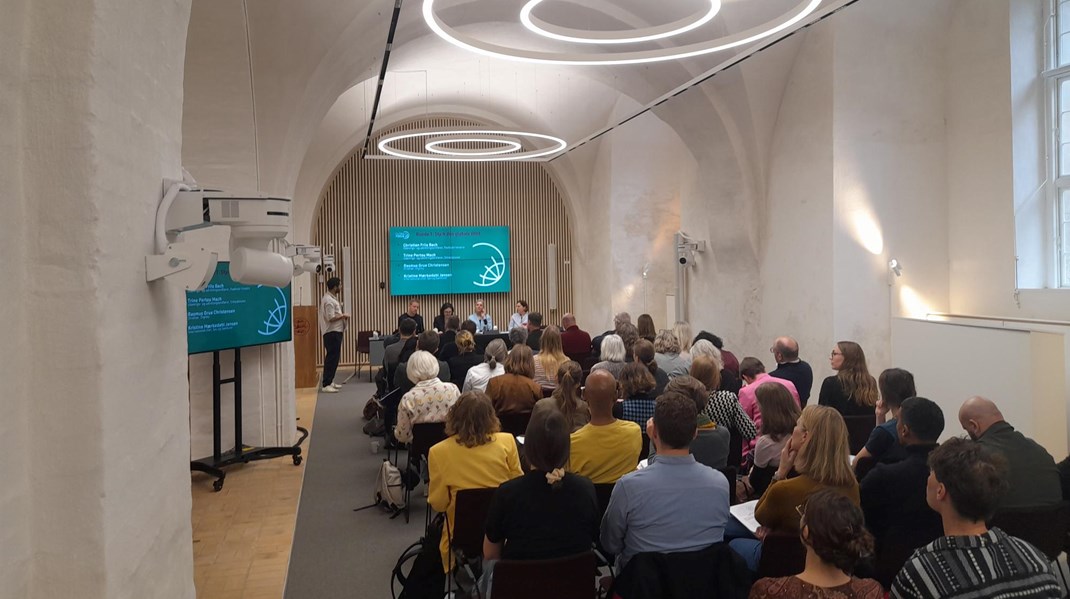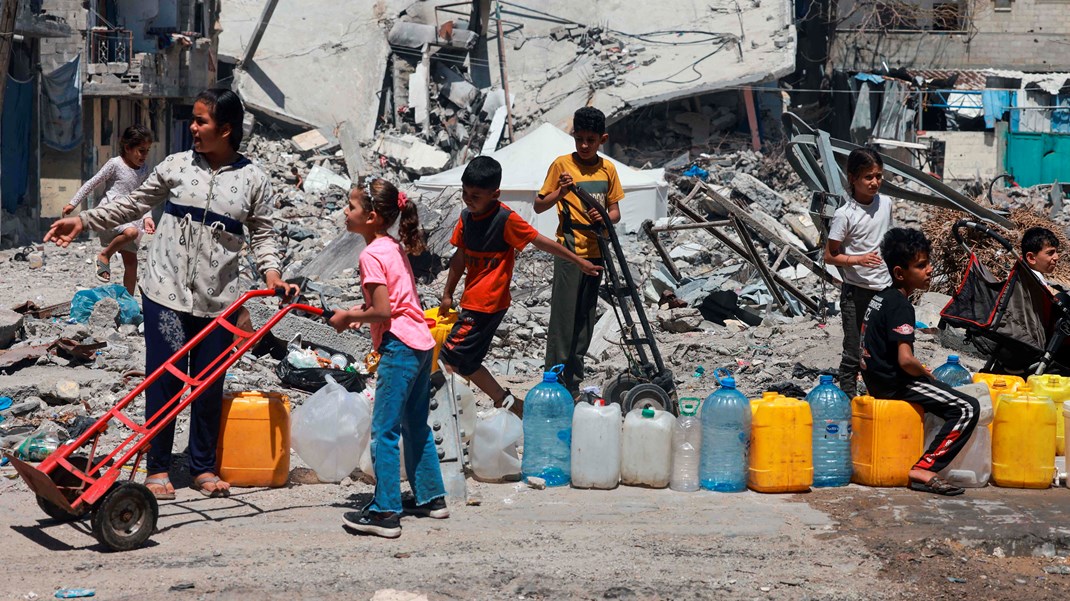European Commission allocates €10 million for emergency humanitarian assistance in Libya
Today, the European Commission has announced an additional €10 million in humanitarian aid for people most in need in Libya as violence and instability continue to affect vulnerable populations. This is part of the EU's broader support for Libya to address the ongoing crisis in the country, which includes funding of €220 million allocated through various support programmes, including the EU Emergency Trust Fund for Africa.
"The European Commission is stepping up support for the worrying humanitarian situation in Libya. Our new funding aims to help humanitarian organisations respond to urgent needs, especially in terms of access to emergency health services and essential medicines. We urge all parties to the conflict to ensure immediate, safe and unrestricted humanitarian access so all in need receive lifesaving assistance. We stand by all those suffering as a result of the conflict and are committed to pursuing our impartial and neutral humanitarian response to help those that need it most," said Commissioner for Humanitarian Aid and Crisis Management Christos Stylianides.
The new funding brings the Commission's humanitarian assistance to the Libyan people to almost €30 million since the current crisis started and will also help boost food assistance, protection, water and sanitation, and shelter. As with all the EU's humanitarian aid, funding will only be provided to humanitarian organisations.
It is currently estimated that 1.3 million people – amounting to about one fifth of the country's population – are in need of humanitarian assistance. Particularly affected are internally displaced people, refugees and migrants.
Background
The humanitarian situation in Libya remains volatile and civilians are bearing the brunt of the protracted political crisis. The country's health system has practically collapsed. Most of the health infrastructure is not or is only partially functioning, there is a significant deficit in medicine and medical equipment. Human resources are lacking, in particular for intensive care units or in the nursing sector.
The ongoing conflict has had serious consequences in terms of internal and external displacement, living conditions, lack of access to essential goods and services and human right violations. Meanwhile, due to the highly volatile security context, access of humanitarian actors to population in needs remains extremely difficult and limited.


